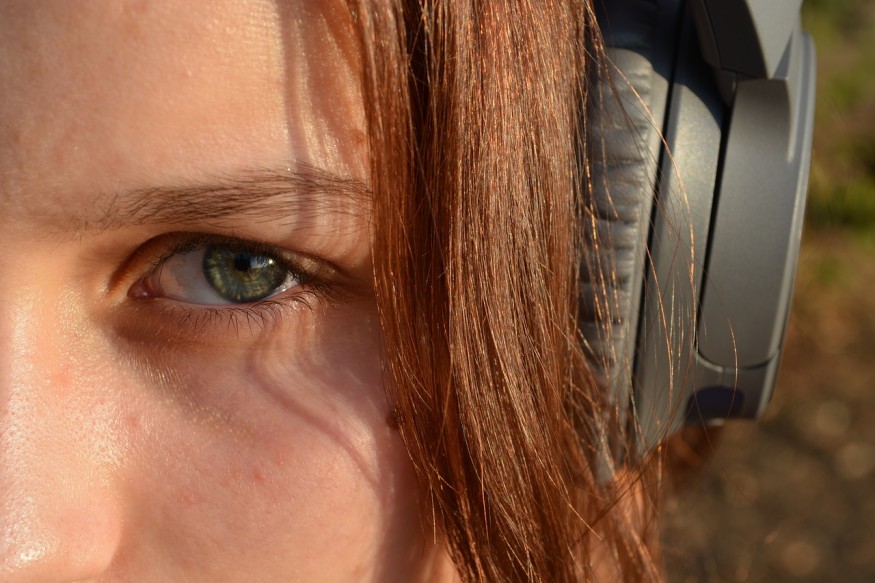A new study examining earworms that penetrate the human brain when awake recently specified that their invasion in brains at night could affect one's sleep and staying asleep, as well.
According to Baylor University neuroscientist Michael Scullin, the brains continue processing music even nothing is playing anymore, including seemingly, while one is asleep.
Together with his colleagues, Scullin used surveys of 199 people and a laboratory test that involved 50 volunteers to gauge how listening to music prior to bedtime is impacting sleep.
Specifically, the researchers focused on catchy earworms, which, according to a ScienceAlert report, are technically known as "involuntary musical imagery."

Earworms Observed
In the study's survey part, participants who often listened to music during the daytime were more possible to report recurring nighttime earworms, which then had an adverse effect on sleep quality through the night.
For the lab test, participants were played instrumental or standard versions of Taylor Swift's Shake It Off, Carly Rae Jepsen's Call Me Maybe, and Journey's Don't Stop Believin'. To measure subsequent sleep quality, the researchers used polysomnography tests.
Earworms, as described in the Psychology Today site, were reported by participants who had one, which took them longer to fall asleep, spending longer time in the light stages of sleep, and waking up more times averagely during the night.
That proves more on how catchy tunes can be disruptive to sleep, although surprisingly, the songs' instrumental versions caused roughly twice as many earworms, and more succeeding sleep problems, compared to the versions with vocals.
Earworm Processing When Awake
According to Scullin, they thought that people would have earworms during bedtime while trying to fall asleep, although they certainly did not know that people would regularly report waking up from sleep with an earworm. However, he added that they saw this in both survey and experimental research.
Brain scans revealed more slow oscillations during sleep with those who were reported to have an earworm, an indication of memory reactivation. The brain area involved, the main audio cortex, is linked to earworm processing when one is awake.
Previous studies have associated late-night music listening with better sleep in people with insomnia, probably due to the fact that it can relax the body.
The authors behind this new research claimed that these earworm situations might worsen during asleep, that even after the tunes stop, the brains continue processing them for a few hours.
Music-Listening Before Bedtime
Scullin suggested avoiding music-listening right before bedtime to limit the chance of a catchy tune taking hold in people's minds.
Engaging in some other cognitive activity prior to sleep, like making a list of jobs for the following day, may help clear one's mind.
The neuroscientist added, everyone knows that listening to music provides a good feeling. Adolescents, as well as young adults, routinely listen to music close to bedtime. However, he explained that sometimes, one could just have too much of a good thing.
The more one listens to music; he elaborated, the more possible he is to catch an earworm that would not go away at bedtime. When that takes place, he continued, chances are, one's sleep will suffer.
The study, Bedtime Music, Involuntary Musical Imagery, and Sleep, is published in Psychological Science.
Related information is shown on BrainStuff's YouTube video below:
Check out more news and information on Brain in Science Times.
© 2026 ScienceTimes.com All rights reserved. Do not reproduce without permission. The window to the world of Science Times.












